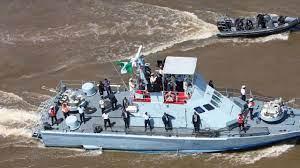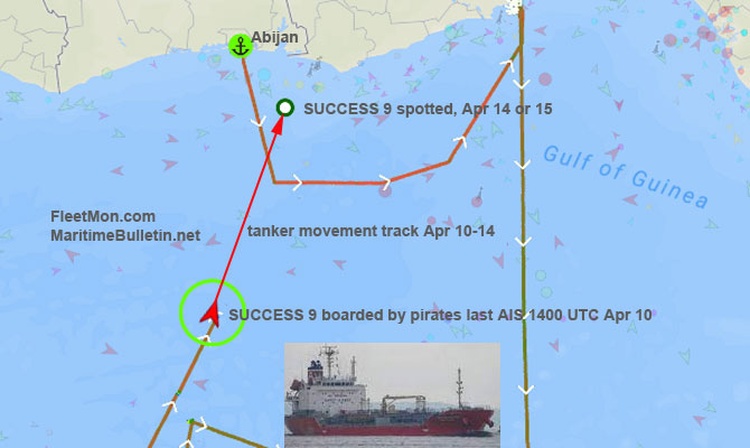By Edmund Chilaka
Introduction
The Monjasa Reformer incident off the coast of Guinea last week refocused global maritime attention on the Gulf of Guinea and its recent commendable 30-year low record of piracy attacks. Nigeria is the poster boy of maritime trade in the Dakar-Luanda range as well as the Gulf of Guinea economies and the infamous stories of pirate attacks against ships at sea and near-port locations used to trigger negative international opprobrium and steep insurance premiums. Now, some of that blemish is fading with the emerging slew of measures and historical happenstances which we shall expatiate here. Prominent among the factors for the change are the SPOMO Act, the Deep Blue Economy project and the collaboration of the EU Coordinated Maritime Presences (CMP) in the Gulf of Guinea waters. Added to the huge monetary gains accruable to Nigeria and her neighbours, is the unquantifiable diplomatic mileage and national prestige inherent in the new dispensation. Thankfully, the Monjasa Reformer was successfully tracked and rescued following the activation of the emerging security apparatuses.
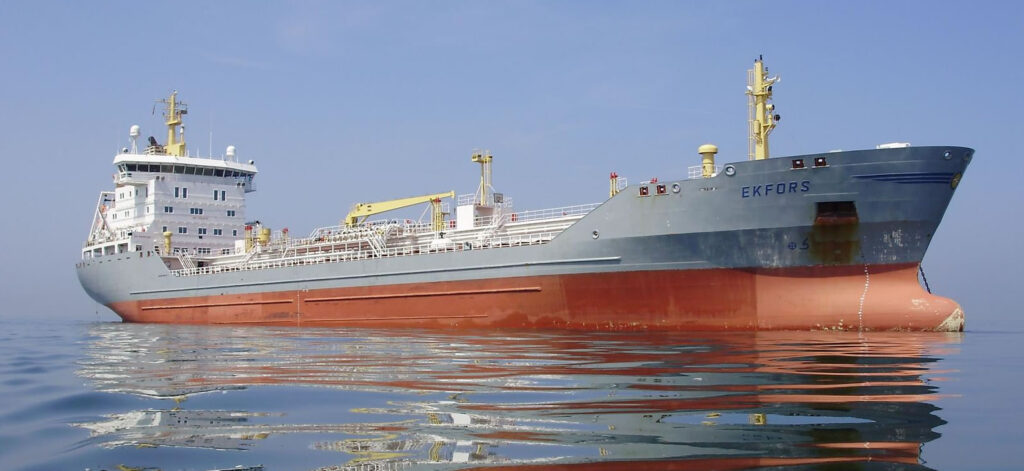
Routing Pirates
The other recent positive happenstance was the hijack and rescue of MT Success 9 off Ivorian waters on April 10, 2023. The vessel was tracked and found four days later by the combined anti-piracy procedures of the West African coastal states, although some crew’s personal belongings and some of the oil cargo were stolen by the pirates. Nevertheless, it is instructive that the heat of full-scale rescue operation launched by the authorities and monitored by the Information Fusion Centre (IFC) and the Monrovia Regional Maritime Rescue Coordination Centre (MRCC) proved too hot for the underworld men. A report by South Korea’s Foreign Ministry and the country’s news agency, Yonhap, relayed the discomfort of the pirates while the hijack lasted, as reported by the South Korean crew. Are these developments positive for Nigeria? The answer is yes, because Nigeria, as the entire West Africa, is seen globally from the prism of one market and what affects one country extends to the sister coastal states. Secondly, Nigeria is the largest recipient and origin of all cargoes moving in the sub-region, to the tune of over 65%. These are the reasons for any hullabaloo in West Africa to quickly reverberate in Nigeria, especially pirate attacks and their negative consequences.
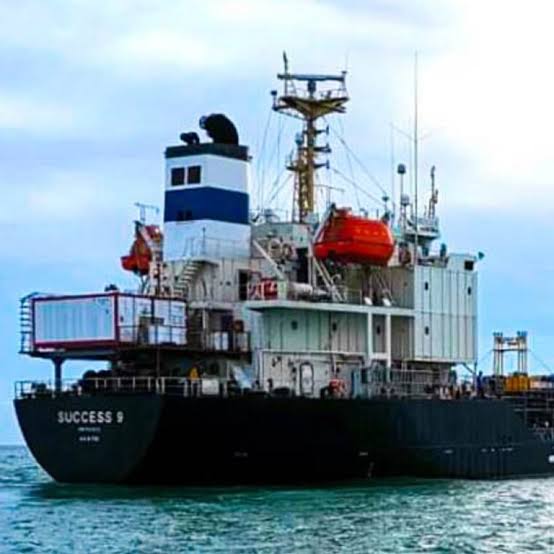
De-Listing Nigeria from the Red-List
In fact, until a few months back, Nigeria has ever lived under the scourge of very high insurance premiums for maritime shipping, daubed marine war risk insurance, which was constantly applied to the calculation of freight rates in the Nigerian trade since piracy escalated in the late 1970s. All attempts by the country to shake it off failed as the unceasing accounts of pirate attacks offered no succour to any optimistic government official who dared to seek a downward review of the premiums. Nigeria was classed in the same category with Somalia and Eritrea. In fact, an Oceans Beyond Piracy’s 2020 report put the total cost of additional war risk area premiums for Nigeria-bound ships transiting the Gulf of Guinea at $55.5 million in 2020 with another one-third of ships transiting the area saddled with extra kidnap and ransom insurance cost of $100.7 million. But with the attacks lowered drastically and Nigeria removed from the red-list by the IMB it is a question of time for accruing benefits to percolate and accrue as expected to the country: either by being eliminated or lowered in tandem with traders’ confidence in the marketplace.
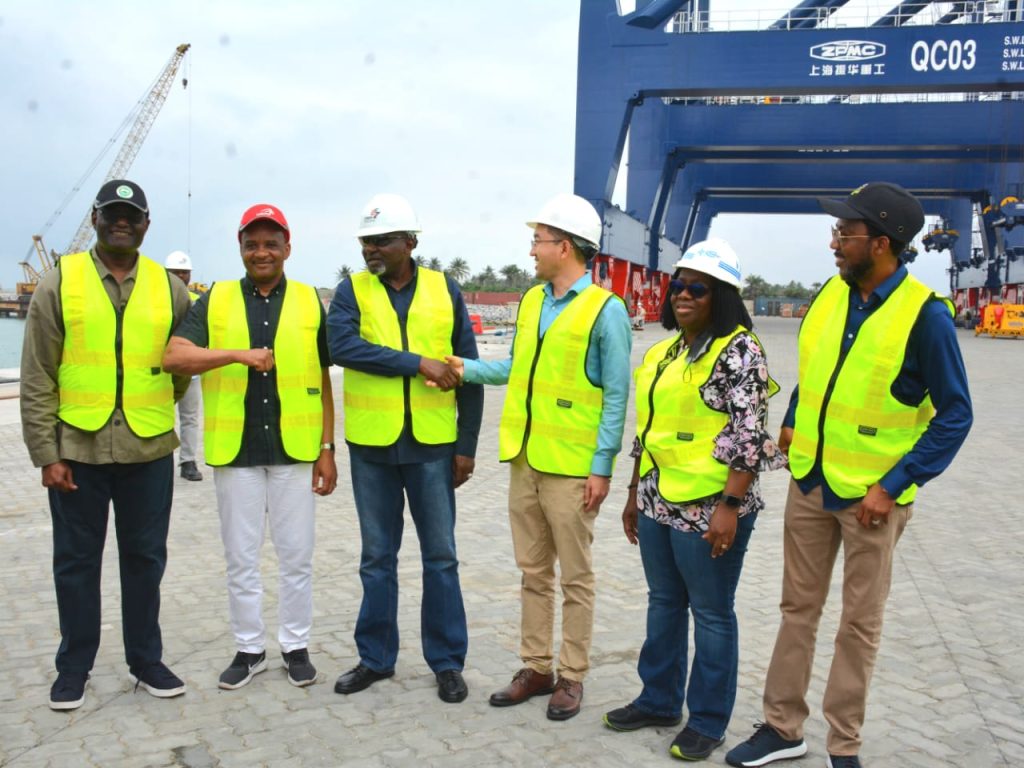
Security Architecture: The SPOMO Act and the Courts
The new security architecture in the Gulf of Guinea combines the effect of vigorous fresh legislation among the coastal states, chief of all being Nigeria, with a raft of other complementary measures which cover the sub-region’s maritime space in a swathe of governance that is uncomfortable for the activities of pirates. Piracy is an opportunistic venture which blooms in poverty-stricken African and Third World societies with weak governmental capacities. Until such handicaps are squarely treated, the scourge continues to fester. In Nigeria, the enforcement of the Suppression of Piracy and Other Maritime Offences (SPOMO) Act of 2019 sounded a death knell for piracy and piratical attacks against ships. In July 2021, ten pirates were jailed 10 years each with a fine of N200,000.00 by a Federal High Court at Ikoyi Lagos Nigeria for the May 15, 2020 hijack of a merchant vessel, FV Hailufeng II, belonging to Haina Fishing Company in international waters off the coast of Cote d’Ivoire. Identified as Frank Abaka, Jude Ebaragha, Shina Alolo, Joshua Iwiki, David Akinseye, Ahmed Toyin, Shobajo Saheed, Adekole Philip, Matthew Masi, and Bright Agbedeyi, they were convicted on three-count charges that bordered on piracy in contravention of the provisions of sections 3, 10, and 12 of the Act. Before that date, ten other pirates had been convicted under the SPOMO Act. Thus, whereas roving bands of buccaneers used to helplessly harass, maim and kill mariners within the Gulf of Guinea, the onset of SPOMO Act introduced huge deterrence to the equation.
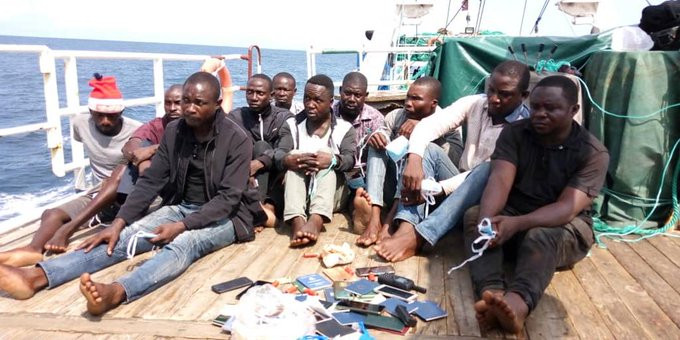
EU’s Coordinated Maritime Presences
Second, the introduction of the EU Coordinated Maritime Presences (CMP) in the Gulf of Guinea marked another game changer. Nigeria being the most populous African country with over 220m people, the largest economy in the continent since the new millennium, OPEC’s 6th largest oil producer, and in command of over 65% of the maritime traffic in West Africa, thousands of ships transit the Gulf and the Dakar-Luanda range every year. The biggest trading partners are European and Asian by nationalities, with the historical background of many years of erstwhile colonial ties with many European maritime nations and powers. Hence the formation of the CMP was in fact de facto before it became fait accompli. Of the ships attacked in the sub-region, the trading partners’ flagged vessels make up a large number, hence the EU’s particular interest in the problem and the establishment of the CMP. The concept was adopted at a meeting of the Council of the European Union on 25 January 2021 following preliminary discussions by EU defence ministers in 2019 and 2020 to “launch the pilot project in the Gulf of Guinea, in line with the revised EU Maritime Security Strategy and Action Plan”. Overall, however, the record of attacks has steadily dropped from 84 in 2020, 35 in 2021, to just 19 incidents in 2022; with the continued falling trend in 2023 likely indicating the efficacy of current law enforcement measures.
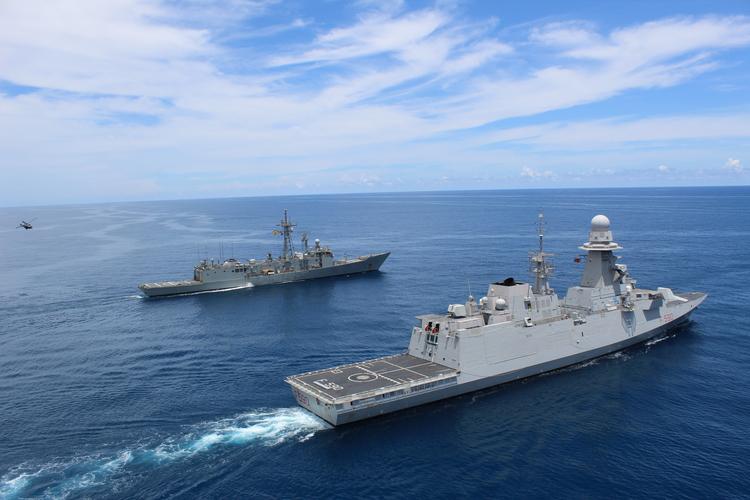
Deep Blue Project Assets
The third major factor of the sustained security improvements in the Gulf of Guinea would have to be identified with the orchestrations of the NIMASA Deep Blue Economy Project and its rally of forces by Nigeria’s navy, army, air force and Directorate of Security Services whose embedded teams reportedly patrol the territorial waters and the Exclusive Economic Zone (EEZ). Officially called the Integrated National Security and Waterways Protection Infrastructure, the Deep Blue Project was launched at the Apapa Port Complex in Lagos by President Muhammadu Buhari on 10 June 2021. Simulations for the take-off of the Deep Blue Project saw its Maritime Security Unit personnel drawn from the Nigerian Navy, Nigerian Army, Nigerian Air Force, Nigeria Police, and the Department of State Services conduct drills on land, air, and sea with assets acquired for the Project, including the Command, Control, Communication, Computer, and Intelligence Centre (C4i) for intelligence gathering and data collection, 16 armoured vehicles for coastal patrol, 600 specially trained troops for interdiction, known as Maritime Security Unit, two Special Mission Vessels and 17 Fast Interceptor Boats, two Special Mission Aircraft for surveillance of the country’s Exclusive Economic Zone (EEZ), three Special Mission Helicopters for search and rescue operations, and four Unmanned Aerial Vehicles.
No doubt, the impact of such a modern force, if properly articulated, cannot fail to register resoundingly anywhere they appear in contest against less-organized, illicit non-state actors. Hence, the synergy produced by collaboration with the EU’s CMP and updated legislation of the affected coastal states is yielding impressive results, extending authority and force projection in previously blindsided locales which suffered depredations reserved for ungoverned spaces. For example, when the MT Success 9 was being searched for rescue, advanced equipment for special tracking was deployed by the Information Fusion Centre to counter the switch-off of the vessel’s AIS equipment by the hijackers, something the coastal states were incapable of doing previously. And, on balance, it appears in order to say that it is morning yet, because the history of this emergent security architecture is well under five years in age, in terms of actual deployment of forces on the high sea. If all goes according to the stakeholders’ plans, therefore, we may begin to sensibly postulate brighter conditions of prosperity in Africa when her maritime trade would completely rid of noxious exorbitant problems such as piracy, armed robbery and kidnapping at sea or in near-port precincts.
